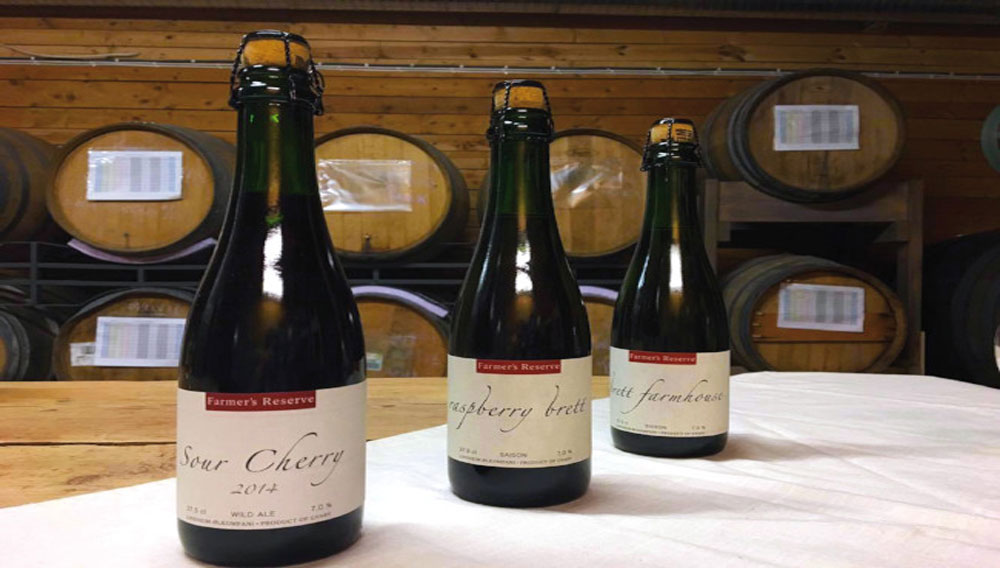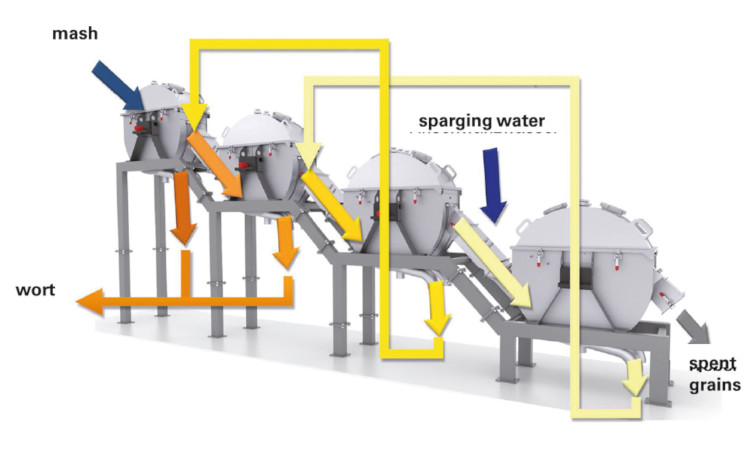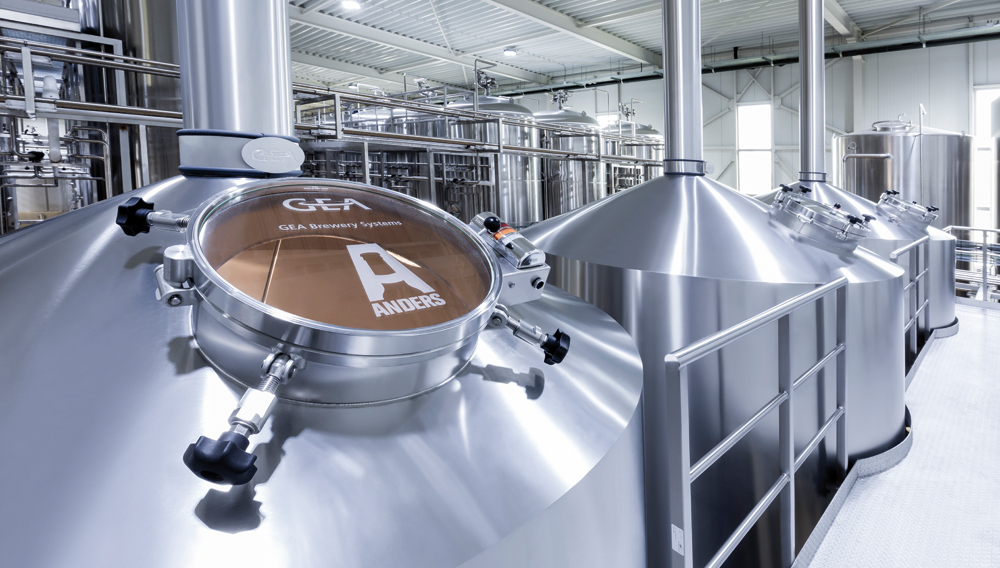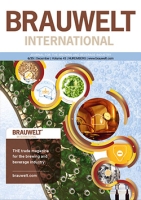The BACnet Testing Laboratories, BTL for short, have confirmed that the automation software zenon by Copa-Data complies with the criteria of the BACnet standard. Entry onto the international list of products conforming with the standard and receipt of the BTL certificate affirm the reliable communication between zenon and other systems and devices in building automation.
Hygienically beyond reproach | Bright beer tanks serve as a direct link between the lager cellar and the filling area and thus represent a particularly sensitive area of a brewery from the standpoint of hygiene. Knowing how much beer is available for packaging is also very important as is being able to establish how much beer is left in a buffer tank after filtration is finished. An ultrasound-based method of measurement as well as a combination management system for determining the volume can be of assistance here.
The iF Design Award is a globally recognised trademark when it comes to excellent design and outstanding user experience (UX). And that’s precisely where the Krones Connected HMI proved persuasive in the communication design category.
Flora of the Fruktbygda | In the previous installment, we became acquainted with the “Fruktbygda”, the fruit-growing region around Gvarv, Norway, and the Lindheim Ølkompani, the family farmhouse brewery located there. In this installment, we take a closer look at the research presently underway at the Lindheim farm.
Benefits of Omnium | The Omnium by Ziemann® brewhouse concept that will be unveiled at drinktec 2017 is covered in the final part of a series of articles “A Novel Mash Filtration Process” published in BRAUWELT International and is the result of interdisciplinary research. Omnium is the integration of the novel Nessie by Ziemann® process for mash filtration, opening up new possibilities in brewhouse operation resulting from different approaches and wort composition.
The technology conglomerate from the Upper Palatinate has crafted a plan that is as detailed as it is future-friendly, designed to get a genuinely energy-self-sufficient, CO2-neutral brewery up and running.
The Central European Commission for Brewing Analysis (Mebak) held its 90th general meeting in Linz (Austria) in October 2017 at which it agreed to fully revise the guidelines for control of brewhouse operations.

Fruitful Fermentation | Several years ago, a young couple resolved to pursue a newfound interest in beer and brewing on their farm in picturesque southern Norway. Motivated by a deeply rooted love of the land and a budding fascination with brewing, particularly with barrel-aged fruit beer, they drew their inspiration from traditional Norwegian and Belgian brewing practices as well as from the unconventional and broad-minded nature of craft beer. Ingeborg Lindheim and Eivin Eilertsen have gone on to create an authentic farmhouse brewery among their fruit orchards, and thus a portion of the bountiful harvest of Lindheim Frukt now goes into producing the unique and flavorful fruit beers of the Lindheim Ølkompani.

Factors influencing fermentation and beer quality | Nessie by Ziemann® is a revolutionary new lautering procedure in beer production that may have a lasting effect on conventional brewhouse operations. BRAUWELT International is taking a comprehensive look at this interesting technological innovation in a series of articles from all relevant perspectives. Part 4 considers the influences of changes in wort composition on fermentation, conditioning, and storage unit operations.
Calling a beer style “old beer” (literal translation of “Altbier”) may create some confusion. The words “old” and “beer” aren’t typically a good combination, however “old” does not refer to the age of the beer but rather the traditional brewing methods used for this style.
Development of the new Nessie by Ziemann lautering system for mash separation is an interesting innovation for the overall techniques and technology of beer production. This paper will present the technological contexts and impacts on surrounding unit operations as well as the effects on wort quality, the ultimate outcome of brewhouse work.



